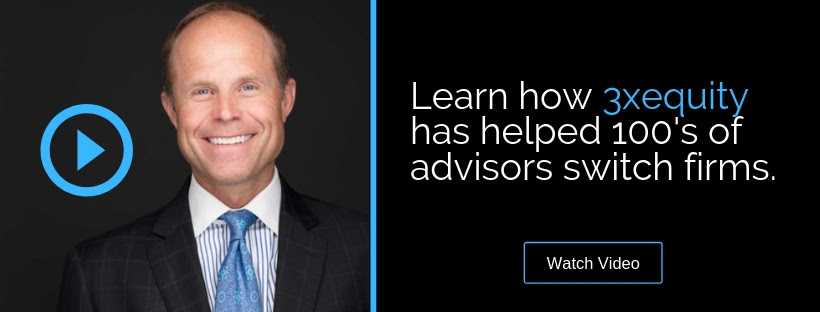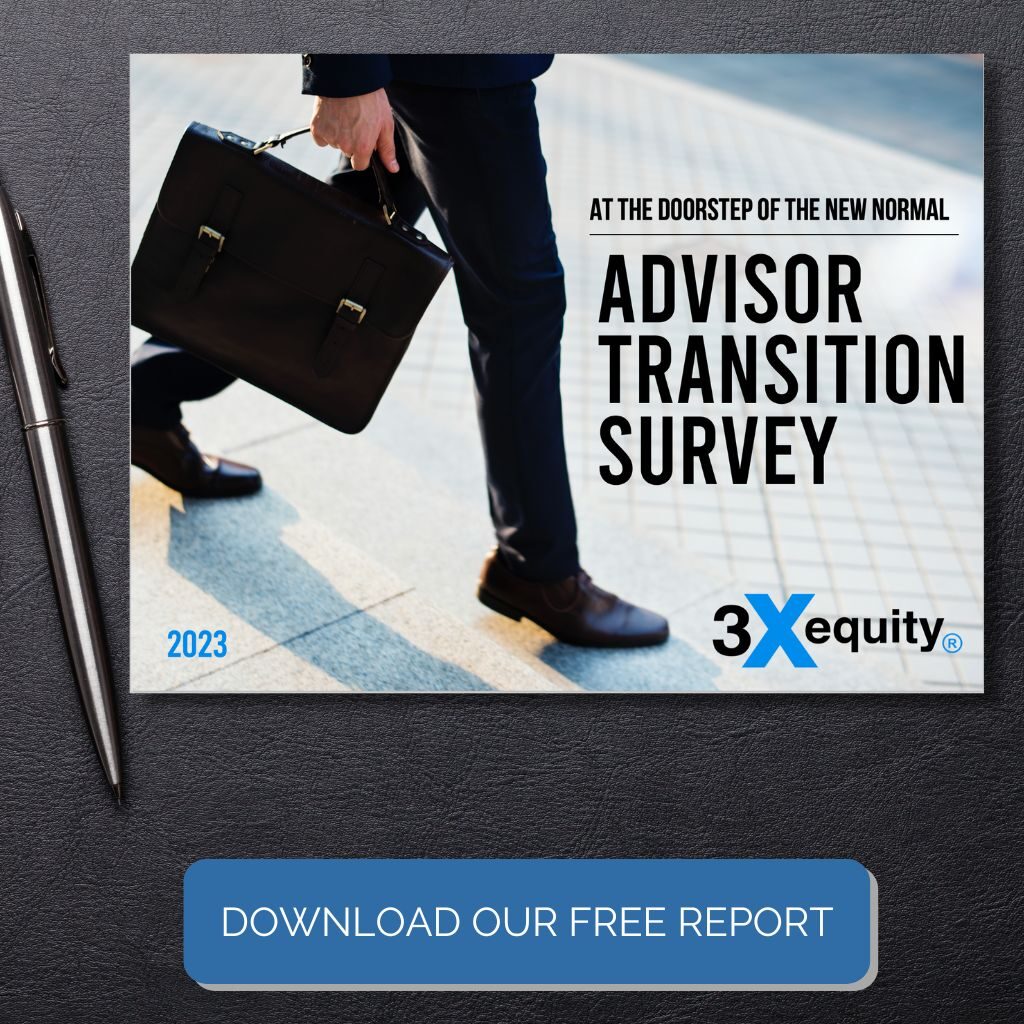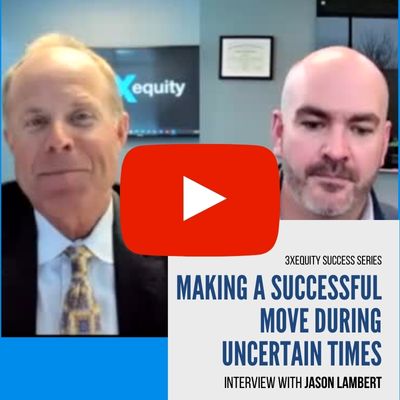In wealth management it’s not uncommon for advisors to reach a point where they question if their current firm is helping them reach their full potential—or holding them back. Recently, a Reddit user anonymously shared their thoughts on leaving Edward Jones (EJ) after six years, managing a $70 million book with a $500,000 trailing 12-month gross. This advisor voiced an internal struggle that might sound familiar to many: weighing the appeal of an independent, flexible career path against the risk of leaving the security and structure they’ve known. The question they posed—”When is the right time to leave Edward Jones?”—is worth exploring.
Understanding the Advisor’s Dilemma
The Reddit post captures the essence of what many EJ advisors face as they weigh career options. This particular advisor has been offered an attractive package at a new firm: $50,000 in general partnership shares, $250,000 cash, a 70% payout, and greater flexibility. It’s a tempting offer, promising significant benefits and ownership opportunities they wouldn’t find at Edward Jones. But as the sole breadwinner for a young family, the advisor is naturally apprehensive about the potential loss of assets, especially since a large portion of their book was only recently acquired. Their concern about timing, risk, and the potential to lose clients in a transition mirrors the questions that many financial advisors ask when they consider moving firms.
Key Pain Points for Edward Jones Advisors
To understand why an Edward Jones advisor might consider leaving, it’s helpful to look at some of the core challenges that many face within the firm:
- Limited Independence and Flexibility
While Edward Jones provides advisors with a solid structure, that structure can also feel restrictive. Advisors have limited flexibility to offer clients certain investment options and may find themselves boxed into pre-set service models and product offerings. For advisors who value tailoring their solutions, these restrictions can feel like barriers. - Compensation Limits
Edward Jones advisors often report frustration with a compensation model that, while steady, doesn’t offer the opportunity for equity or true ownership. The income structure can be limiting, especially for high producers who could achieve a greater payout percentage and earnings at other firms. - Lack of Control Over Client Data and Operational Processes
In larger firms like Edward Jones, advisors may feel as though they don’t truly “own” their client relationships. Control over client data and decisions related to client servicing may be out of their hands, limiting their ability to customize the client experience or innovate. - Concerns Over Succession and Legacy
Advisors who build a successful book of business at Edward Jones may feel limited when it comes to long-term planning, including succession and the possibility of building a legacy. Without equity options or a clear path to ownership, many advisors feel that they are building a business for someone else rather than for themselves and their families.
A Look at the Opportunities Outside Edward Jones
For advisors feeling these pain points, exploring other options can be a refreshing step toward taking greater control of their careers. Here are some benefits that other firms or an independent broker-dealer model may offer:
- Broader Product Range and Service Flexibility
Advisors can often access a wider range of investment solutions and platforms when they transition away from a structured firm like Edward Jones. This freedom allows advisors to craft customized, flexible strategies that better fit their clients’ needs. - Higher Compensation and Equity Opportunities
Many firms offer a higher payout model than Edward Jones, with some even providing partnership shares or equity options. For an advisor generating $500,000 in gross revenue, moving from a lower payout structure to one that offers 70% or more can significantly increase their annual income. - Ownership of Client Relationships
When advisors transition to a more flexible firm, they gain more autonomy in how they manage and serve their clients. They also retain greater control over client data, which can be a crucial asset if they ever choose to make a change in the future. - More Career Control and Work-Life Balance
Advisors who transition to more flexible firms often find that they have greater control over their day-to-day operations, allowing them to create a schedule that suits their personal needs as well as professional ambitions.
Is There Ever a Right Time?
Leaving a firm like Edward Jones is a significant decision, and timing plays a big role. For advisors who, like the Reddit user, are apprehensive about the potential loss of assets, it’s essential to have a clear transition strategy in place. Here are a few steps that can make the move smoother:
- Gauge Client Loyalty
Advisors should consider their client relationships—how strong are they? Clients who value their relationship with their advisor over the firm they work for are more likely to follow, even with some initial hesitation. - Plan the Transition Carefully
Working with a transition specialist or recruiter who understands the nuances of advisor moves can provide invaluable support. A strategic plan that addresses client communications, retention, and compliance will help minimize client loss. - Evaluate Long-Term Potential vs. Short-Term Risk
The decision often comes down to weighing the short-term uncertainty against the long-term potential benefits. For advisors who are motivated to grow and want greater control, the risk may be well worth the reward.
Empowering Advisors to Make the Best Choice
For EJ advisors, the path forward doesn’t have to be limiting. With careful planning, advisors can make a transition that supports both their clients’ best interests and their personal career goals. If you’re an advisor questioning whether now is the right time to explore a new opportunity, remember that the journey toward independence and greater income potential often starts with one bold step. By moving to a firm that aligns with your values and offers you more control, you’re not just enhancing your career—you’re building a future that reflects your vision and priorities.
Get started today. We’ll help you secure multiple offers, all while you remain 100% anonymous.




